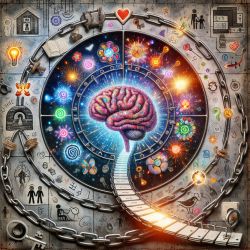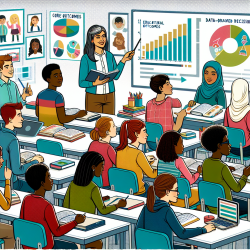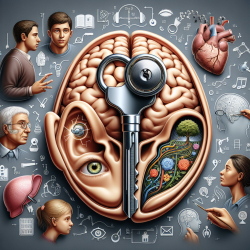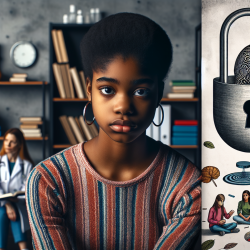The recent research article "Self-defining memories in non-justice and justice-involved individuals: possible relations to recidivism" by Elias and Krackow (2023) provides a compelling exploration of how self-defining memories influence recidivism. This blog aims to help practitioners in the field of online therapy implement the findings from this study to improve their therapeutic approaches.
Understanding Self-Defining Memories
Self-defining memories are autobiographical memories that are central to an individual's identity. These memories are vivid, emotional, and often linked to unresolved issues or enduring concerns. According to Singer and Salovey (1993), self-defining memories serve as a window into a person's thoughts, feelings, and personality.
The Link Between Self-Defining Memories and Recidivism
The research suggests that individuals with antisocial personality disorder (ASPD) or those involved in criminal activities often have lower levels of memory specificity and meaning making. This deficit in memory processing can hinder their ability to learn from past experiences and reduce the likelihood of recidivism.
Practical Applications for Online Therapy
Practitioners can incorporate the following strategies into their therapeutic practices:
- Memory Specificity Training: Implement interventions that help clients recall specific details of their memories. This is crucial as meaning making requires detailed memory recall.
- Focus on Meaning Making: Encourage clients to derive lessons or insights from their self-defining memories. This process can help in reshaping their identity and reducing criminal behavior.
- Assessing Memory and Identity: Use tools like the Autobiographical Memory Test to evaluate memory specificity and incorporate self-defining memory tasks to assess meaning making.
Encouraging Further Research
While the current research provides valuable insights, further empirical studies are needed to test the proposed model linking self-defining memories to recidivism. Practitioners are encouraged to contribute to this growing body of research to refine therapeutic approaches further.To read the original research paper, please follow this link:
Self-defining memories in non-justice and justice-involved individuals: possible relations to recidivism.










